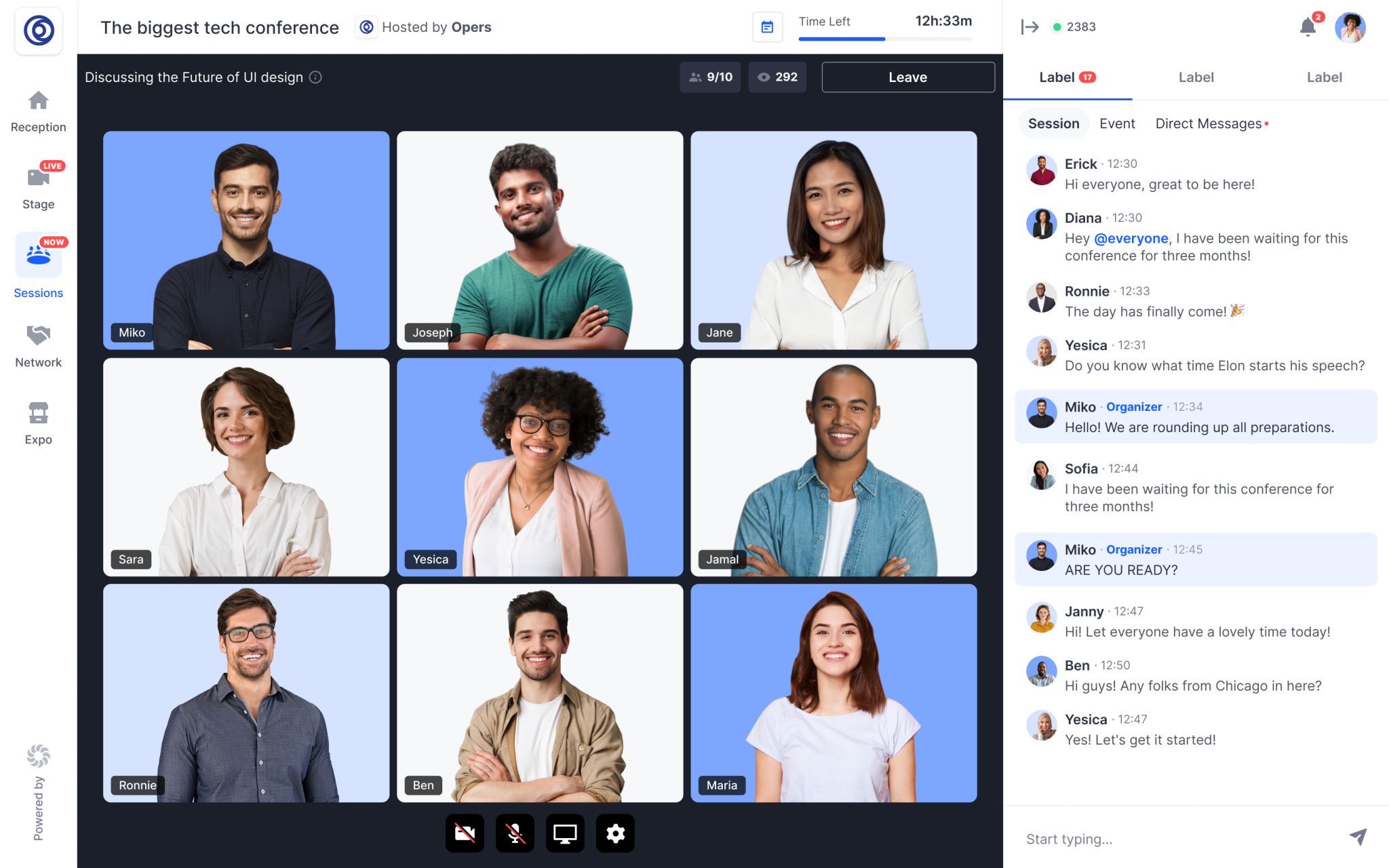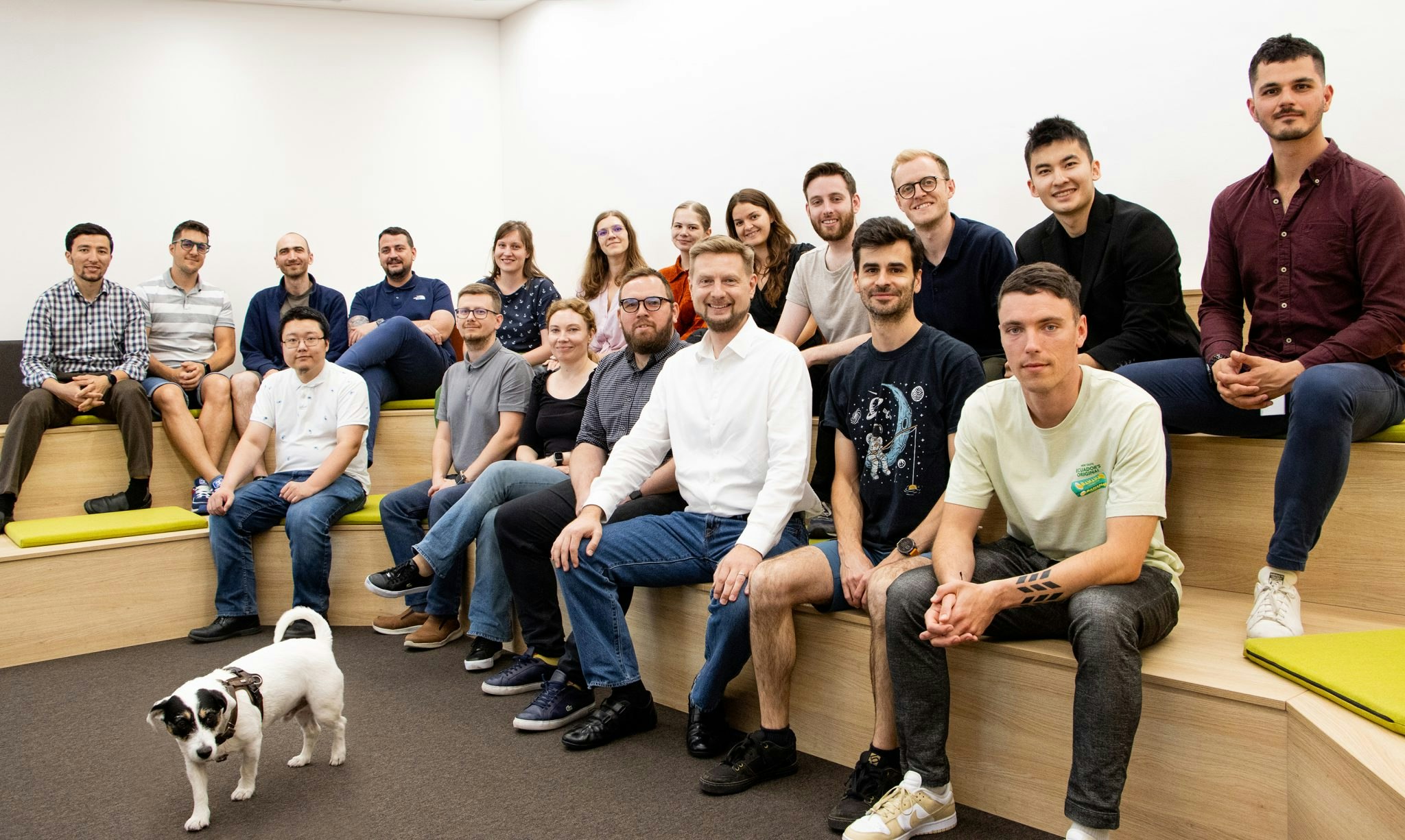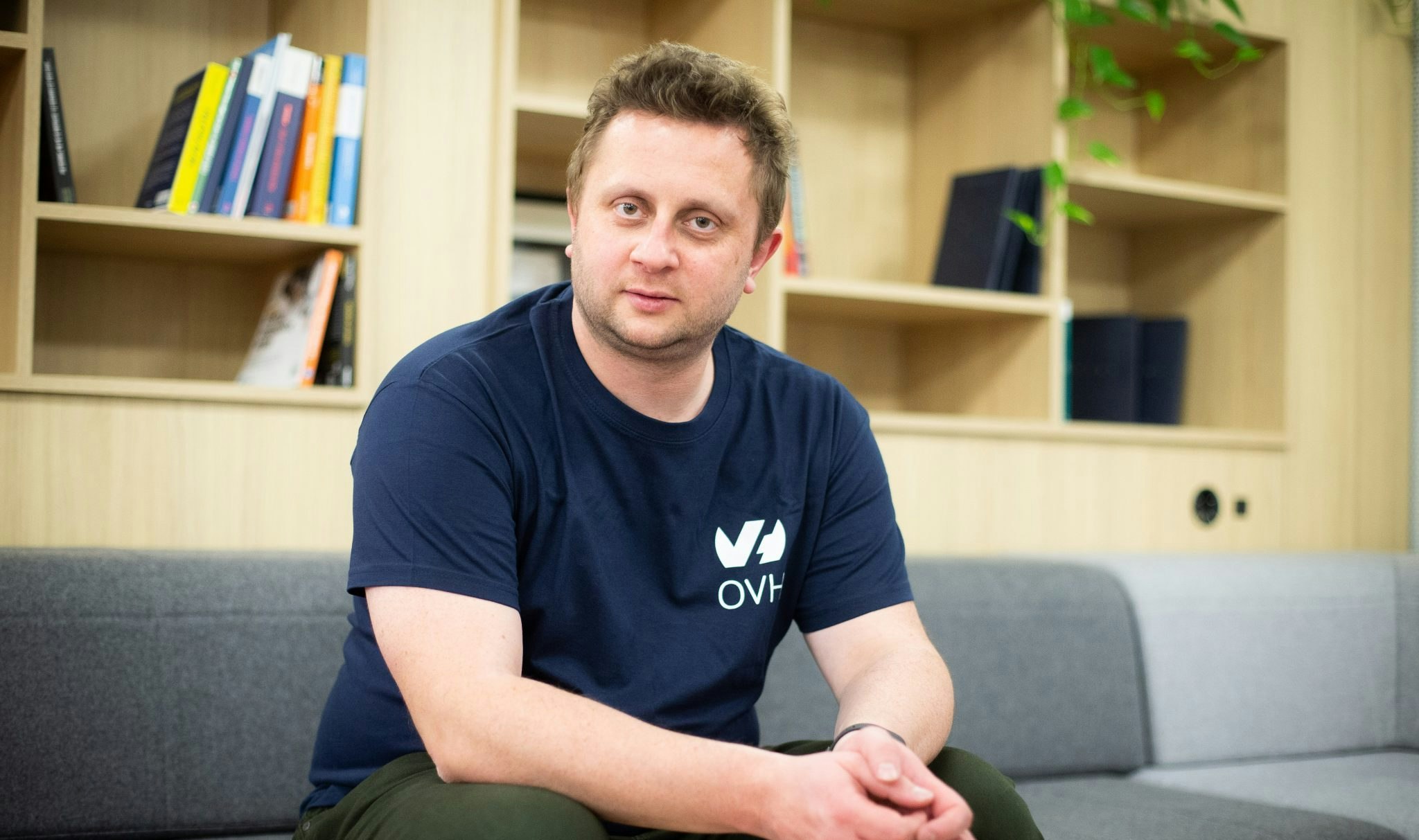Rossum’s three cofounders believe that they can help to consign manual inputting of invoices to the slag heap of history. What’s more, some of the biggest companies in the world seem to believe them.
“Companies exchange tons of documents as part of their communications, and the trouble is that these documents usually need to be processed by humans before they are plugged into a structured database,” Rossum cofounder and chief executive Tomas Gogar tells Sifted.
Rossum’s tools use deep learning to scan documents in a similar way to how a human would, regardless of style and formatting, and extract the necessary data. The company estimates its Cognitive Data Capture has an accuracy rate of around 95% and can save clients massive amounts of both time and money.
More than that, it can stop the need for employees to perform basic data entry tasks. “We strongly believe that people should not be doing this kind of work, no matter how big the company is,” says Gogar, who was named on Forbes' 30 under 30 list in 2018.
On Wednesday the Czech early-stage startup announced that it has raised $4.5m in seed capital, in a round led by LocalGlobe and featuring the likes of Seedcamp, Miton, and StartupYard. Elad Gil, the former vice-president of Twitter, and Flexport founder and chief executive Ryan Petersen also took part and will act as mentors for the company.
“In the Czech Republic it’s huge in terms of seed funding,” says Gogar.
Rossum was founded in Prague in 2017 when the three founders dropping out of their respective artificial intelligence (AI) and machine learning PhDs to develop the invoice-reading AI software. In many ways, the company is part of the larger Robotic Process Automation (RPA) ecosystem that is growing around vendors like UiPath, Blue Prism and Automation Anywhere (which announced a $290m Series B funding round just last week).
“I saw it as a very complimentary offering to UiPath and what the robotic space was doing,” says Tobias Rataj, head of partnerships and alliances at Rossum and formerly UiPath’s vice president of sales for Europe, the Middle East and Africa.
Rataj believes that as the RPA ecosystem expands there is increasing room for companies that offer niche technologies or specific solutions; Rossum has been an official technology partner of UiPath and Blue Prism since early on in its development.
“It's a natural marriage and this is what the robots need to be able to automate a larger chunk of the business process,” he says.
While RPAs are good at working with structured information, Gogar points out that not all the data that comes into your company is structured. “Actually most of it is not,” he says. This is where Rossum comes in, though Gogar stresses that RPA is just one of the areas that can benefit from their tools.
“We’re able to get the data from multiple sources, then we apply our AI machine learning algorithms to try to extract the data,” he explains. And when the software can’t identify something, it asks for feedback from a human, allowing it to learn for the next time.
Rossum, which currently has a core team of 33, spent the whole of 2017 and most of 2018 working on the technological solutions. “We actually really started to sell more aggressively into the biggest corporates in the world in 2019. Among the clients that have come on board is Siemens,” he says.
And while the company is currently focusing on invoices, the technology can also be used to process documents for accounting, logistics and insurance, among other areas. The software is cloud-based, making it easier to integrate with existing systems.
Gogar adds that most of the company’s money to date has gone into research and development “and we want to keep it that way. Our core mission is to teach computers to understand documents”.
Ultimately, though, he comes back to the people issue. “There are companies that process documents that contain page after page with extremely long tables, and there are people that are just sitting in their office typing those contracts into a computer,” he says.
“Imagine doing that job for eight hours a day — you would leave in six months,” he says, suggesting that the technology will likely save considerable HR and hiring costs.
“Even if we cannot fully automate [those tasks] yet, we'll be able to in the future,” he adds.


